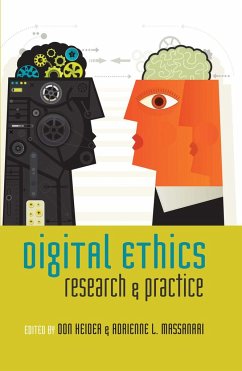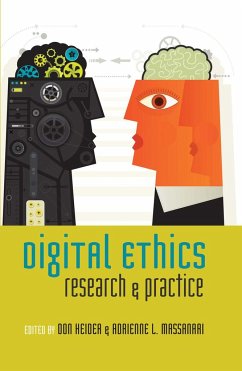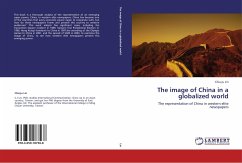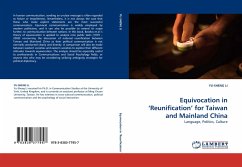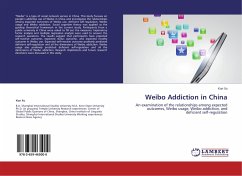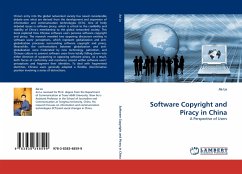
Software Copyright and Piracy in China
A Perspective of Users
Versandkostenfrei!
Versandfertig in 6-10 Tagen
39,99 €
inkl. MwSt.

PAYBACK Punkte
20 °P sammeln!
China's entry into the global networked society has raised considerable debate over what are derived from the development and expansion of information and communication technologies (ICTs). One of hotly debated issues is software piracy, which is critical to the credibility and stability of China s membership to the global networked society. This book explored how Chinese software users perceive software copyright and piracy. The research revealed two opposing discourses existing in software users perceptions, which represent globalization and anti- globalization processes surrounding software...
China's entry into the global networked society has raised considerable debate over what are derived from the development and expansion of information and communication technologies (ICTs). One of hotly debated issues is software piracy, which is critical to the credibility and stability of China s membership to the global networked society. This book explored how Chinese software users perceive software copyright and piracy. The research revealed two opposing discourses existing in software users perceptions, which represent globalization and anti- globalization processes surrounding software copyright and piracy. Meanwhile, the confrontations between globalization and anti-globalization were moderated by new technology, patriotism, and Chinese culture to prevent software users from totally falling down into either direction of supporting or opposing software piracy. As a result, both forces of conformity and resistance coexist within software users perceptions and fragment their identities. To deal with fragmented identities, Chinese users generally adopted a flexible, discriminative position involving a series of distinctions.



